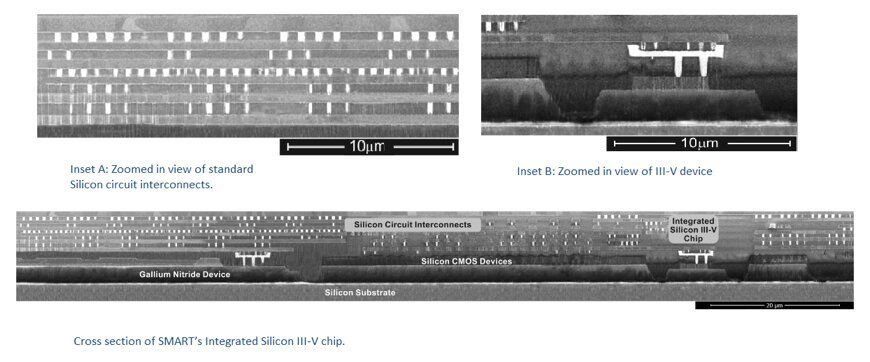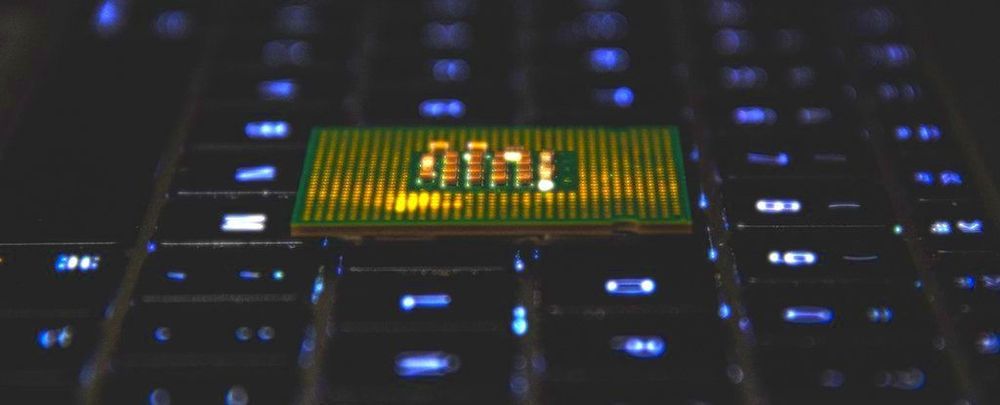In years to come, quantum computers and quantum networks might be able to tackle tasks that are inaccessible to traditional computer systems. For instance, they could be used to simulate complex matter or enable fundamentally secure communications.
The elementary building blocks of quantum information systems are known as qubits. For quantum technology to become a tangible reality, researchers will need to identify strategies to control many qubits with very high precision rates.
Spins of individual particles in solids, such as electrons and nuclei have recently shown great promise for the development of quantum networks. While some researchers were able to demonstrate an elementary control of these qubits, so far, no one has reported entangled quantum states containing more than three spins.





